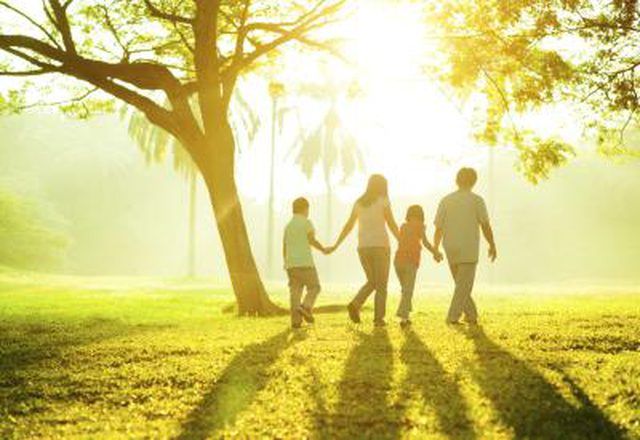Bulbs
Flower Basics
Flower Beds & Specialty Gardens
Flower Garden
Garden Furniture
Garden Gnomes
Garden Seeds
Garden Sheds
Garden Statues
Garden Tools & Supplies
Gardening Basics
Green & Organic
Groundcovers & Vines
Growing Annuals
Growing Basil
Growing Beans
Growing Berries
Growing Blueberries
Growing Cactus
Growing Corn
Growing Cotton
Growing Edibles
Growing Flowers
Growing Garlic
Growing Grapes
Growing Grass
Growing Herbs
Growing Jasmine
Growing Mint
Growing Mushrooms
Orchids
Growing Peanuts
Growing Perennials
Growing Plants
Growing Rosemary
Growing Roses
Growing Strawberries
Growing Sunflowers
Growing Thyme
Growing Tomatoes
Growing Tulips
Growing Vegetables
Herb Basics
Herb Garden
Indoor Growing
Landscaping Basics
Landscaping Patios
Landscaping Plants
Landscaping Shrubs
Landscaping Trees
Landscaping Walks & Pathways
Lawn Basics
Lawn Maintenance
Lawn Mowers
Lawn Ornaments
Lawn Planting
Lawn Tools
Outdoor Growing
Overall Landscape Planning
Pests, Weeds & Problems
Plant Basics
Rock Garden
Rose Garden
Shrubs
Soil
Specialty Gardens
Trees
Vegetable Garden
Yard Maintenance
The Effect of Sunlight on Animals & Plants
The Effect of Sunlight on Animals & Plants. All living organisms on earth directly or indirectly rely on each other for sustenance. Sunlight directly affects the survival of plants and animals, as all life on earth depends on acquiring the right amount of sunlight for energy and nourishment.
All living organisms on earth directly or indirectly rely on each other for sustenance. Sunlight directly affects the survival of plants and animals, as all life on earth depends on acquiring the right amount of sunlight for energy and nourishment.
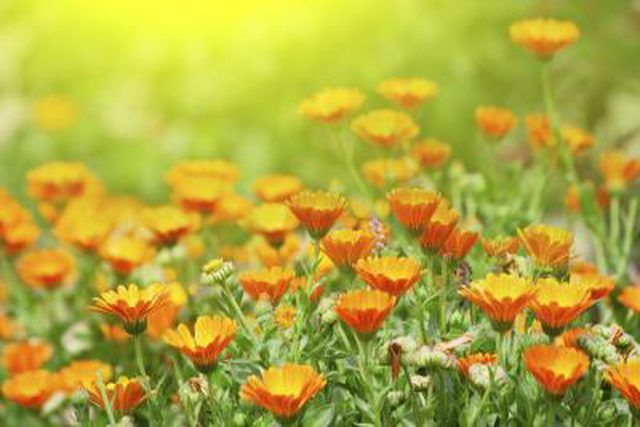
The sun is a source of light and energy for plants. They take energy from the light of the sun, carbon dioxide from the air, and water to make glucose, which is a sugar that plants store for energy. Plants are also filled with vitamin D, an important nutrient for animals, as a result of the sunlight they absorb.
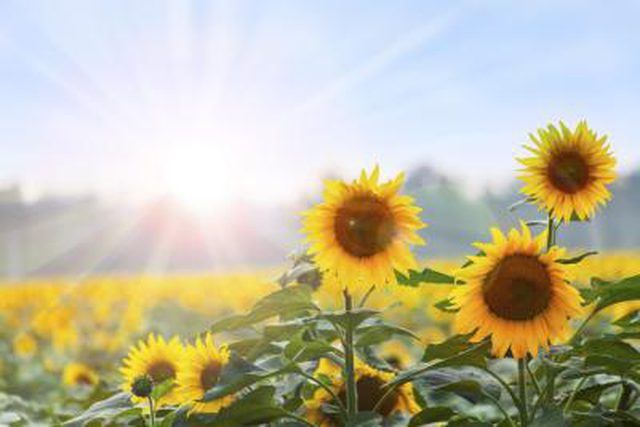
The energy from the sun is transferred from plants to animals when animals eat the plants. Animals also benefit from the sun's effect on their bodies, because sunlight on skin produces vitamin D, which is important in the formation of strong bones. Animals also get vitamin D by eating plants.
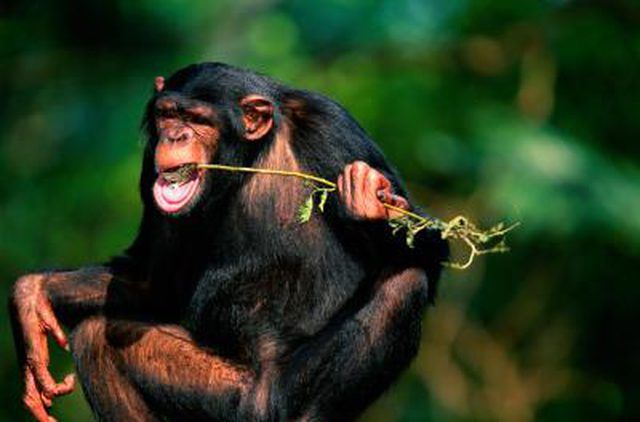
If a plant gets too little sunlight it will not be as green, have as much glucose or energy stored in it and will not survive as long. Too much sunlight can cause a plantís water to evaporate and lead to its death.
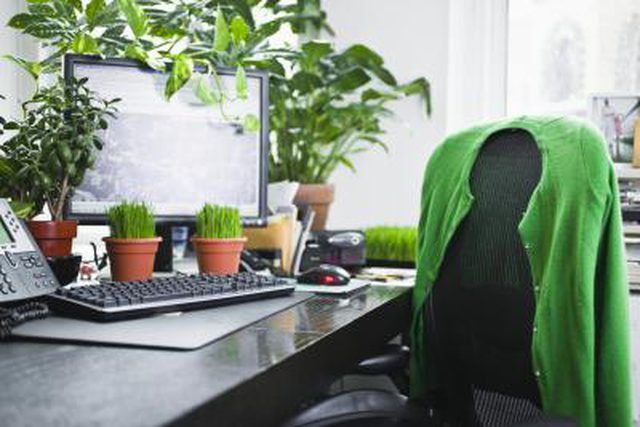
Too little sun on animals can cause a deficiency in vitamin D, which leads to brittle, weak bones. Too much sun can cause skin to tan or burn.

Plants can do little to ensure they receive the right amount of sunlight, as they are at the mercy of their environment. Humans, however, can change their environment by recycling so that fewer resources are used, protecting the environment from pollution by carpooling and using healthier means of travel.
